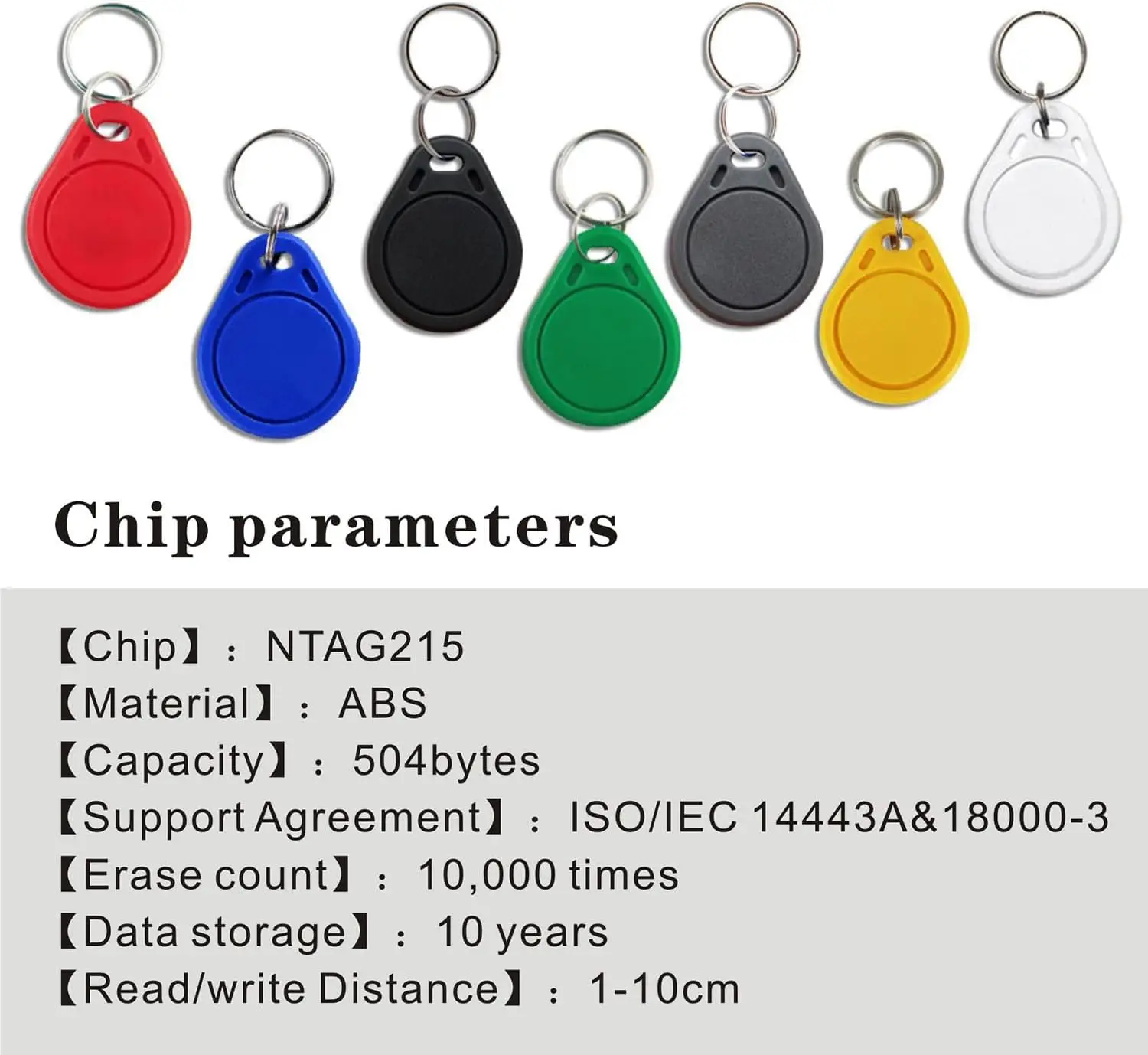So, what are RFID tags? They are tiny machines that communicate without wires. Microservices are like little workers that can talk to each other. Industrial RFID Tags Industrial RFID Tags are very useful in the manufacturing world in which many tasks can be facilitated and speed up because of it. For example, one of the manufacturers that make these helpful tags is SUNLANRFID. Their tags aim to increase production and optimize supply chains, which is mission-critical for enterprises.
There are two types of industrial RFID tags- The first being the tags that you attach directly to the product and the second being the tags placed on the packaging. This makes tracking of these much easier. Just think of the agility that comes with speedy search and acquisition of things! Workers can find items faster, which helps the manufacturing process run better. This allow for faster manufacturing and delivery of products. These tags also tell you what parts and materials are required for each product. This allows workers to easily track how much inventory at any moment. Manufacturers need to know they will never run out of the materials needed to produce their products, which makes data up to October 2023 very important to them.
RFID tags find use, not only in manufacturing, but also make the work in warehouses easier. However, when workers use RFID tags, they can instantly locate items that have been stored in the warehouse and prepare orders for shipment. This saves ample amount of time as well as helps to minimize errors. Think about a worker searching for an item and locating it in a few seconds! The RFID tags can even track the physical location of items, which means that workers know at all times where everything is. This keeps items from being lost or misplaced, which can be an extreme handyman problem in warehouses.
RFID labels play a significant role in supply chain management. Supply chain is how products go from being made to the customer. RFID tags assist in monitoring products throughout this process, beginning at the manufacturer, followed by moving to the warehouse, and ultimately reaching the client’s door. Having this sort of visibility means that companies can control their product inventory much more effectively. As a result, customers are happy, as the delivery times are shorter. They make it easier to identify any issue in the supply chain and correct it quickly. Which keeps everything running as it should.

RFID tags also play a significant role in increasing product quality. They monitor each product as it moves through the process of manufacturing and then during shipping. This can help companies identify defects or issues with a particular product. This enables them to correct mistakes before defective items get into the hands of the customer. Detecting issues early enables businesses to improve their product quality over time, resulting in satisfied customers. Good quality control is essential since it establishes trust with the clients.

With the increased adoption of machines and technology in factories, the implementation of RFID tags is further growing. Such tags can also automate various processes, like inventory management and production line supervision. Automation simply refers to when systems or machines can accomplish tasks traditionally done by humans, saving the effort and time. As a result of their capabilities of real-time data collection and transmission, RFID tags will be a key part of the future of manufacturing and supply chain management. It implies that the businesses can speed up their operations and take cautious decisions based on the data interpreted by the RFID tag.

But RFID tags provide many advantages for manufacturers and logistics companies. These systems ensure streamlining of operations, enhance inventory tracking, improvement in quality control, and also a scope for automation. One of the top company in the world which has been into manufacturing of these useful tags is SUNLANRFID. They are helping companies of all forms to be more efficient, competitive, and successful in their respective industries.